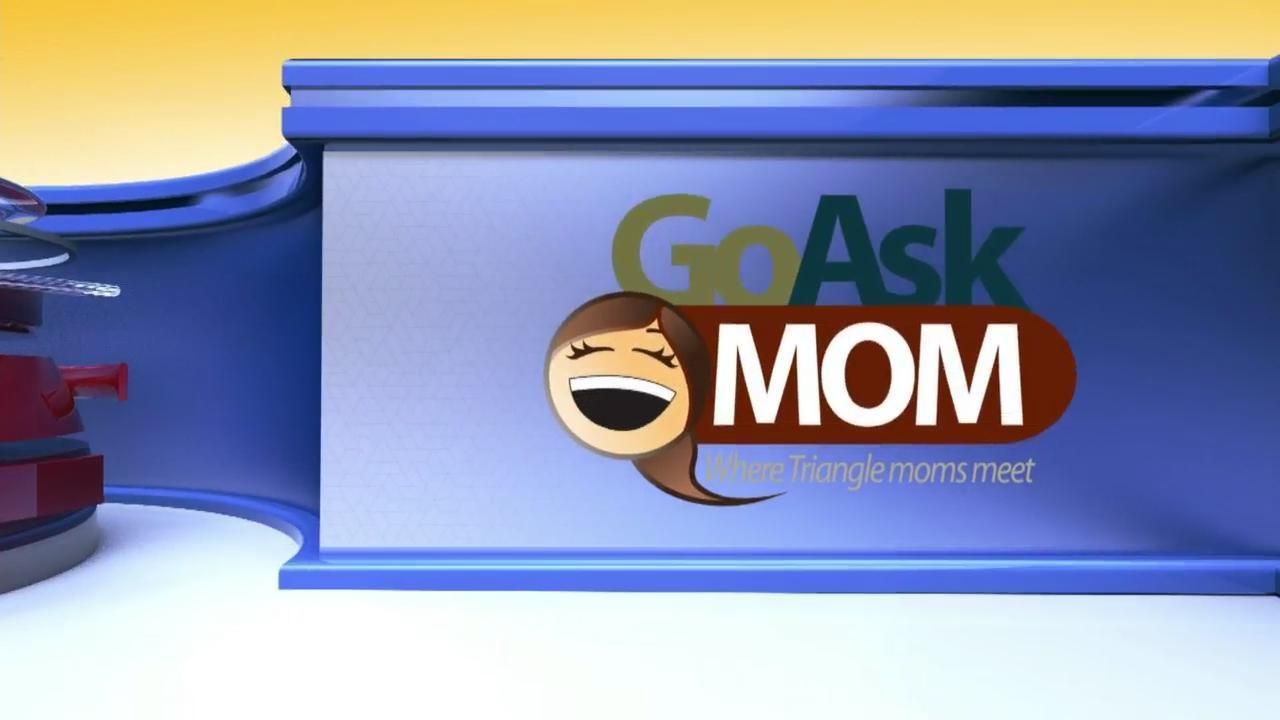How to motivate yourself to change your behavior

I recently attended a meeting where they handed out cards to each person. Arriving at my seat, I read the card, saying, "What's the one thing in life that you have almost given up on?"
This question caused me to think back over my life, career and family. My family and I have always written goals for the upcoming year. We have specific, measurable expectations regarding the goals, and we allow ourselves to carry over any goals we have not achieved from the previous year. With the right tools, we don't have to give up on anything important to us. We just need the right motivation to change.
Parent Coaching 101
As parents, we face many situations and wonder about our teens' behavior. I thought, how might I support our family, friends and parents of students at our schools to change their behaviors positively. Adolescence can be a difficult time for parents and teens. An article on Stages of Adolescence – states that adolescence (ages 10-21 and beyond) is perhaps one of the most challenging stages of one's life. Here's more information about the changes and stages.
After listening to cognitive neuroscientist Tali Sharot's TEDx Talk on “How to Motivate Yourself to Change Your Behavior,” I have begun implementing some of her suggestions in my personal life. In my profession, I have also used these techniques in our afterschool life coaching program for middle and high school students.
Tali Sharot talks about using fear to change behaviors. Like many of you, I have used my voice to scare myself and others into changing behavior. What are some words of fear you have spoken?
According to Tali, we all believe that if you threaten people, if fear is induced, it will get them to act. She also said, "Science shows that warnings have very limited impact on behavior. So, if something scares us, we tend to shut down, and we try to eliminate the negative feelings because negative information makes us feel bad, so we try to avoid it altogether. Positive information makes you feel good, so you seek it out, but the ability to learn from bad news, what we found was that kids and teenagers were the worse at learning from bad news."
What does this mean for our most vulnerable populations? Teenagers, and the elderly are the least likely to learn from warnings or scare tactics. It doesn't work because the brain will frantically try to distort the image until it gets the impression it's happy with.
Three principles that we know drive your mind and your behavior.
Social incentives
We're social people, we care what other people are doing, we want to do the same, and we want to do it better. Highlighting what other people are doing is a powerful incentive. The study conducted by Tali Sharot team shows a signal in the emotional center of your brain when you hear about the opinion of others. And what they found was that this signal can "predict how likely you are to conform at a later time, how likely you are to change your behavior." Sounds like our teens!
Immediate rewards
Another principle is immediate rewards. This works because we value rewards that we can get now. The future is so far away- and maybe you'll be “altogether dead."
Progress monitoring
And the third principle is progress monitoring to improve their performance. If you're trying to get people's attention, you might want to highlight the progress, not the decline. Monitoring and informing them of their progress- gives a person a sense of control, which is a significant motivator. If we want to motivate change, we might want to rethink how we do it because fear of losing induces inaction, while the thrill of a gain induces action.
If we want to change behavior in ourselves and our teens, why not practice these positive strategies rather than threats.
In closing, the one thing in life that I have almost given up on seems achievable this year. Please share some of your successes on my Facebook or Twitter accounts. Stay tuned for 30-60-90-day updates.
Life coaching is all about questions. Here are some to help with your change journey:
- What are some internal barriers that position themselves between you and success?
- What small changes will you believe will gradually translate into significant results as time passes?
- What self-imposed barriers do you want your teen to overcome?
- If warnings or scare tactics were used in your conversation with your teen, what will you do differently moving forward?
Gale McKoy Wilkins is a wife, mom, grandparent, and family life coach. Gale is the founder of Project Arrow, an evidence-based peer-to-peer and leadership program teaching life coaching techniques to middle and high school students.
Gale is passionate about using life coaching and creative solutions to empower families and teens to help themselves and others. Gale is a Life Coach to parents and teens, and she teaches them coaching skills and techniques and trains teens on how to make good decisions, manage emotions, overcome obstacles, and motivate themselves and others to be their best. Gale is a North Carolina native that has worked with youth and families and served the triangle in various leadership positions; she has a graduate certificate in Family Life Coaching and a Master of Arts degree in Women's Leadership from North Carolina State University.









